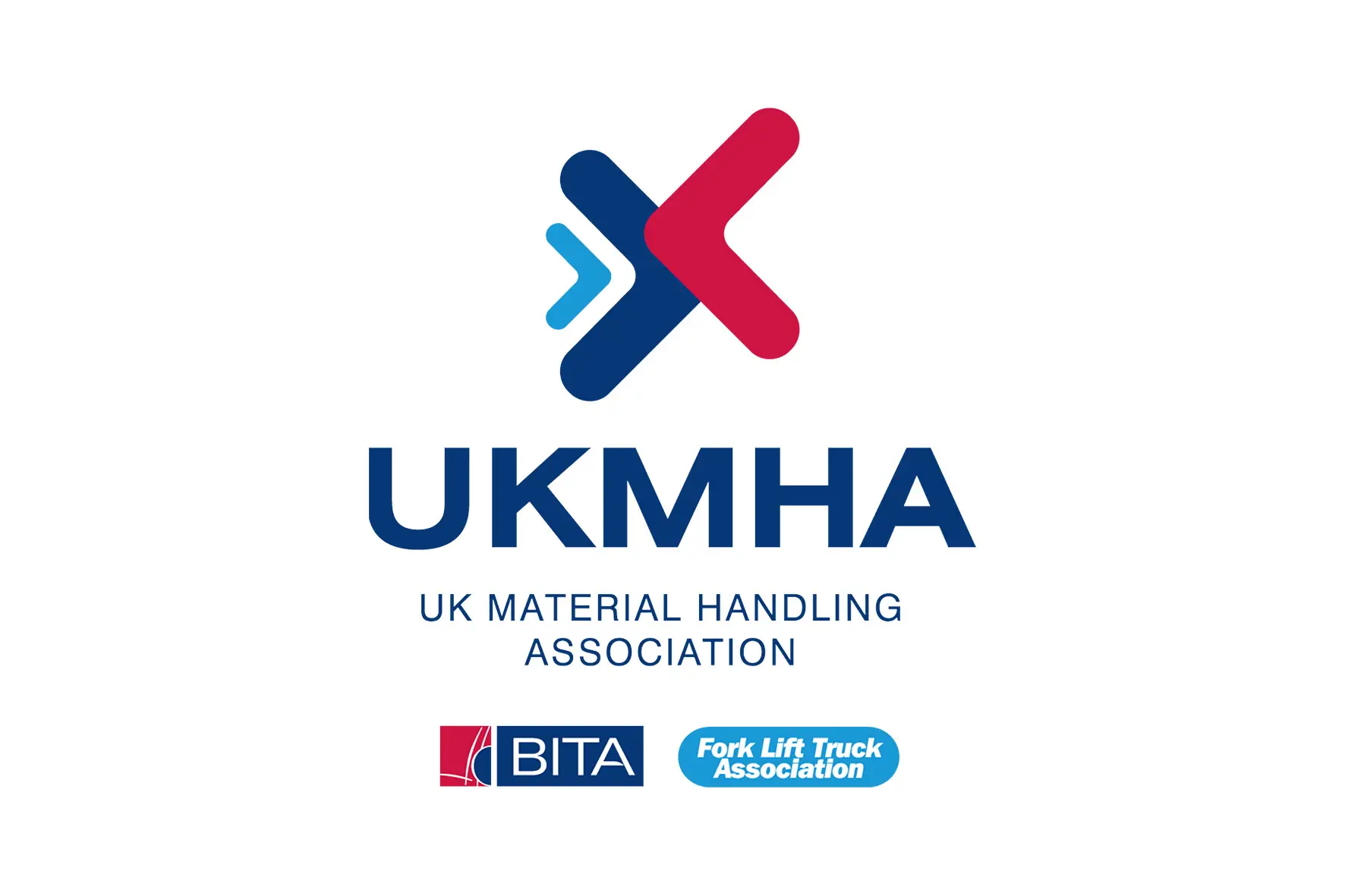The UKMHA strives to help its members engage with the material handling sector’s trade media to better promote their work and achievements, as well as to highlight advances in product development and customer service.
One of the association’s stated goals is to create awareness of a Commonwealth of Members to illustrate the multiple facets that comprise today’s material handling sector.
In order to achieve this, the UKMHA website exists not just as an outlet to promote the work of the association, but that of its members also. Here, on the Members News page we offer a platform for the membership to promote itself and to tell others about the good work being carried out.
Please send us your latest news announcements and press releases and we will feature them here, gradually building up a news archive that demonstrates the work our members are doing to improve the UK material handling sector.
This page is dedicated to the activities of the UKMHA membership. It is your forum to tell other members and the wider material handling industry what your business is doing.
Tell us about your investment plans, new recruits, order wins, safety audits, collaborations with other members, awards, in fact pretty much anything you are currently involved in.
Are you attending any major events, such as exhibitions? If so, tell us about it and we’ll gladly publicise it.
All you have to do is submit your news via the members area and we’ll do the rest.
Please note, UKMHA reserves the right to edit news so it conforms to the requirements of the association. Should the news item be deemed inappropriate for inclusion then the member will be notified.
